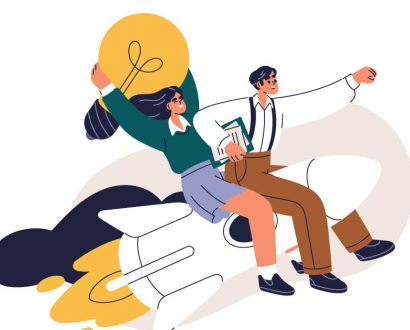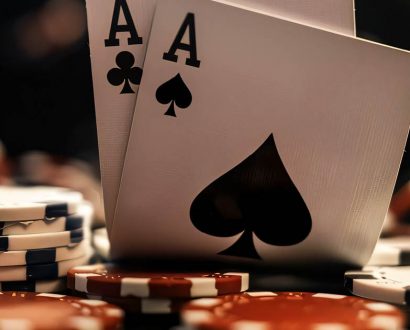We all know that the best business ideas solve a customer problem, or in the case of ARTSPLIT, a collector problem. Particularly for art connoisseurs in Africa.
“When you have a piece of art [in Africa], you can’t really do much with it, even though everyone knows it’s valuable,” ARTSPLIT Co-Founder and CEO Onyinye Anyaegbu explains to The CEO Magazine.
“You can’t take a loan against it, you can’t use it as collateral and, if you ever needed to liquidate the art, you’d have to call the big (international) auction houses because we don’t have a strong auction house that people can leverage.”
In other words, “you have to sell it completely and lose the artwork”.
Combine that with the reality that the majority of art from the continent ends up leaving it for collections around the world, and an opportunity was spotted to make African art accessible to collectors in Africa while positively impacting the value of African artists’ work.
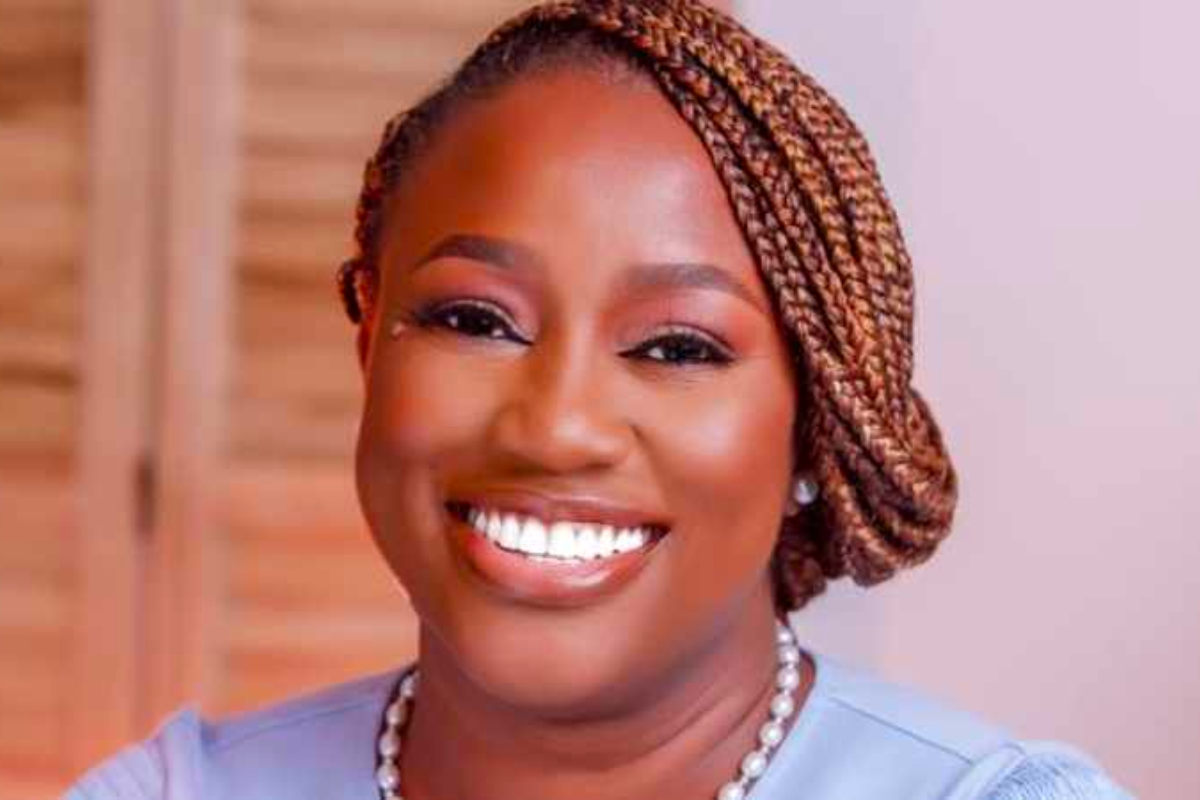
“All of a sudden, people can own a piece of culture or a piece of something iconic.”
The seed of the idea became ARTSPLIT, a technology platform founded by London-based Anyaegbu, her brother Nonso Okpala and two others in April 2022. Registered users on the app can bid to buy splits, or fractions, of investment-grade African art at auction.
Each artwork is verified and valued by a curatorial team and then divided into 100,000 splits. And it’s in this division that art opens up to a whole new audience.
“Take a work with an entry point of around US$100,000,” Anyaegbu says. “That brings the price down to $1 per split.”
And, with a minimum commitment of $5 to $10 needed, as Anyaegbu says: “All of a sudden, people can own a piece of culture or a piece of something iconic.”
Having created the concept of co-ownership, the next question was then who gets to hang the physical work?
“That was something we grappled with,” she admits.
The answer came in the form of a second auction.
“Every work that goes onto the app, once it’s gone through the split auction, then goes to the lease auction which means one person can win that,” she explains. “They then are able to have that work in their personal space for a set period of time.”
An even split
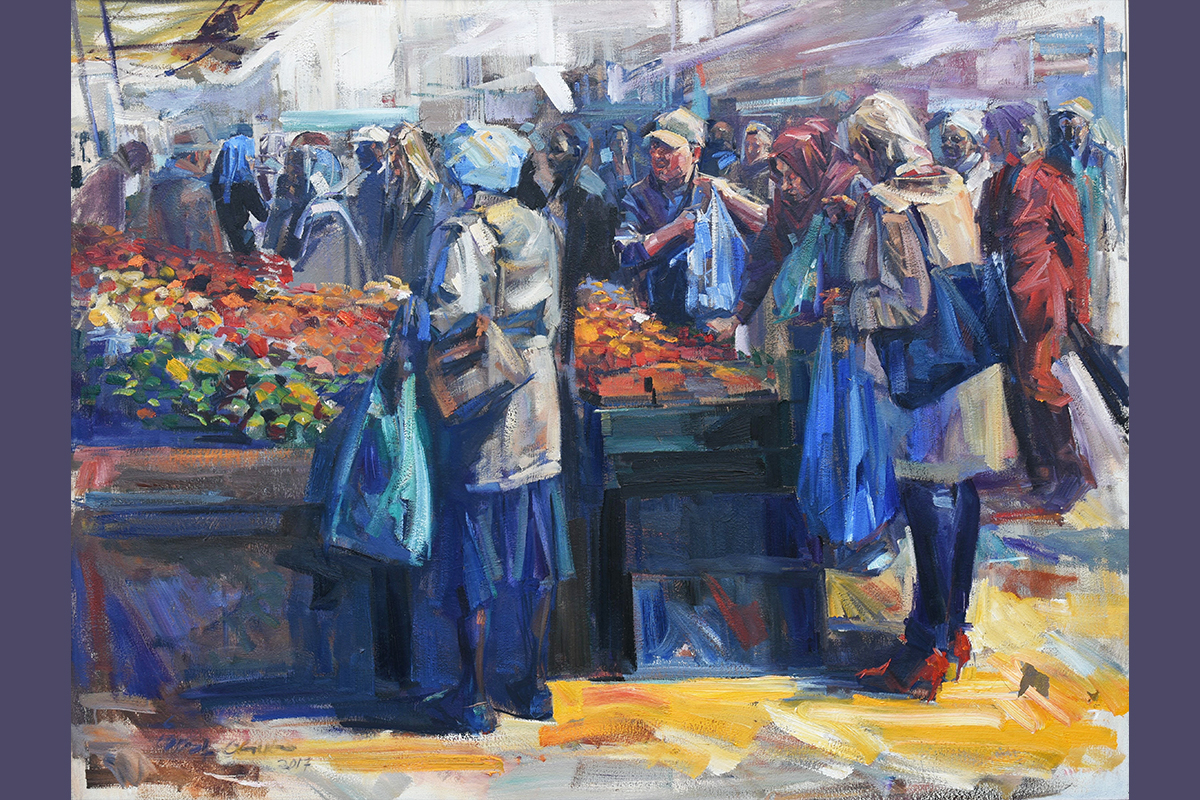
In just over a year, the platform has grown to count more than 55,000 registered users from more than 20 countries. With dozens of auctions already under its belt, Anyaegbu says the record sale on the platform is for ‘Eyo’ by Yusuf Grillo, an artist seen as “the father of African modernist art”.
The listing price was around US$351,000, or US$3.51 a split. Prominent Nigerian contemporary artists such as Duke Asidere, Abiodun Olaku and Ndidi Emefiele are among others to be available to buy splits in on the platform.
Launching with leading artists from the continent has been crucial.
“We want to make sure we have works that excite people and that they can really connect to.”
“We want to make sure we have works that excite people and that they can really connect to,” Anyaegbu explains.
Collectors are leading the way, with many putting between 10 percent (the minimum requirement) and 50 percent ownership up for auction, while galleries are also starting to list art on the platform.
“Then there’s ourselves as a business,” Anyaegbu explains. “We also find work ourselves to list, either buying at auctions or from art dealers, private collectors and corporates that want to sell.”
With the goal of the business to raise the global profile of African artists, it’s little surprise that Anyaegbu and her partners are also commissioning art themselves to then offer up to split ownership.
“We look for local gems with strong potential,” she explains. “It’s a good way to start introducing them to the international market.”
The first works sold saw an increase in value of 14 percent after the auction.
“People really love these artists,” she adds.
Emerging market
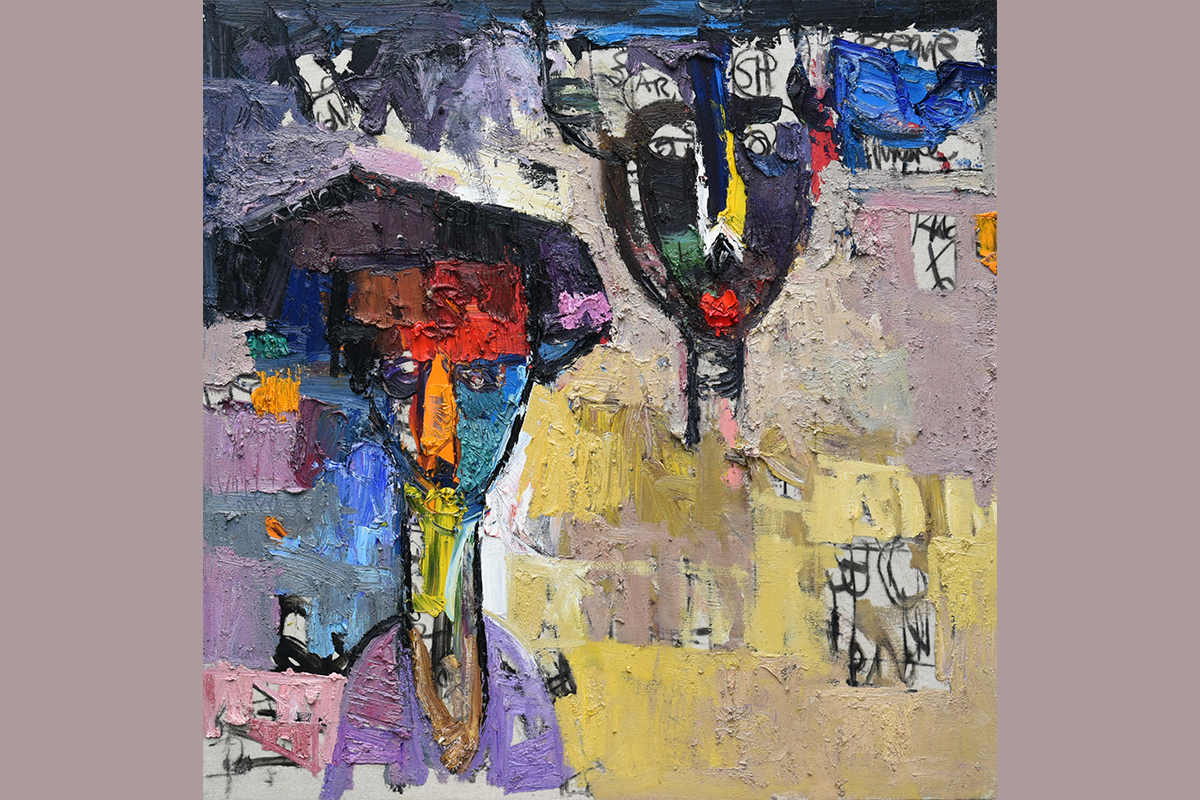
As with most start-ups, Anyaegbu says ARTSPLIT has evolved in directions she least expected since its launch.
“Sometimes your customers need something you never thought about,” she laughs.
In ARTSPLIT’s case, it was access to those artists not yet considered investment grade. The app was updated to reflect this, with what’s called an ‘Open Market’ section.
“Basically, we’ve created a space with emerging artists in mind,” she says.
Users can buy a work outright from these artists and prices usually range from US$500 to $1,000. The artist receives 100 percent of the proceeds directly.
“We’ve sold around 14 works, and they’ve all gone to different places, some in Africa and others in the United Kingdom,” she says.
“There’s a lot of curiosity and excitement and it’s a great time to start collecting, whether as a co-owner or in splits or fully.”
And, since the business leverages proprietary technology, the sky’s the limit in terms of what other assets could be offered up for fractional ownership – without compromising the strong African geographical focus. Already, a spinoff has been launched called MusicSplit, allowing users to buy fractions of songs and earn income on streaming.
For Anyaegbu, there’s no better time than the present to be involved in the market.
“The African market is now worth [US]$1.8 billion, and it’s rising. There’s a lot of curiosity and excitement and it’s a great time to start collecting, whether as a co-owner or in splits or fully,” she says.
But more than potential ROI, there’s also the stories these works tell, not just of a person, but of nations and continents, she says.
“From a pure art lover perspective, it’s a very interesting, diverse and exciting art representation space.”


